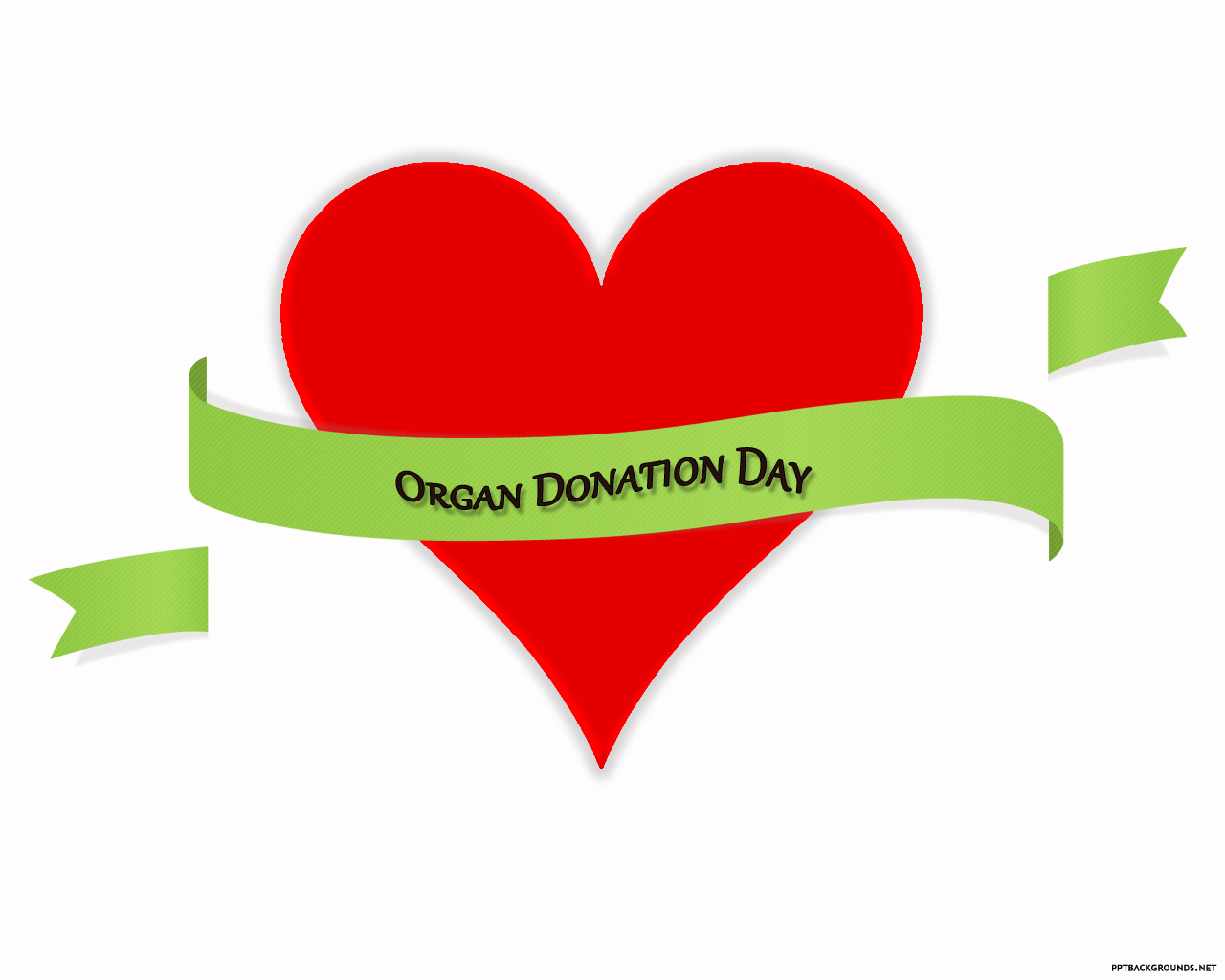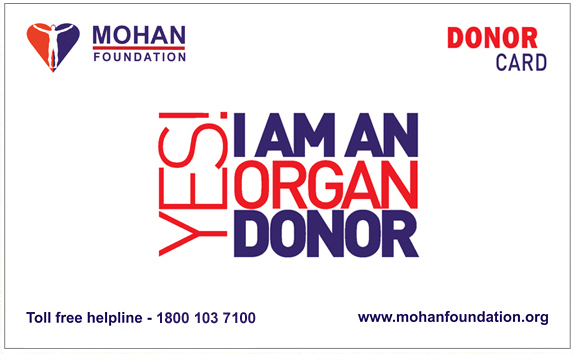
We all know February 14th to be Valentines Day, the day of love and the day to celebrate the ones we love. But to many it is a day to celebrate something much different. February 14th is not only a day to show your loved ones how much you love them, it is also a day to talk about organ donation. February 14th is National Organ Donor Day. Which for some is different way to share love. That being said, how much do you really know about organ donation? Is it something that you would do? This can be a somewhat controversial topic, because not all believe in Organ Donation. That being said today I am just going to provide you with information on Organ Donation and you can decide how you feel.
National Organ Donor Day is observed every year on February 14th, and is meant to be a day to increase awareness about organ donation as well as the number of lives that are saved by donation. National Donor Day was started in 1998 by the Saturn Corporation and the United Auto Workers partners, along with support of the U.S. Department of Health of Human Services and several nonprofit health organizations. Here is a statistic that honestly was a little shocking even to me. Did you know that right now in the United States alone there are 120,000 people waiting for a life saving organ? There is a focus on all types of donations on National Organ Donor Day. The focus is on donation of, organs, eye(s), tissue, blood, platelets, and marrow. The later are donated by living donors who participate in blood/marrow drives. It is also a day to recognize anyone we know who have been given the gift of donation, have received a donation or are currently waiting on an organ.
Here on some stats about Organ Donation (many that I was actually shocked by):
-
33,611 transplants were performed in 2016.
-
20 people die each day waiting for a transplant.
-
95% of U.S. adults support organ donation but only 54% are actually signed up as donors.
-
Every 10 minutes another person is added to the waiting list.
-
Only 3 in 1,000 people die in a way that allows for organ donation.
- Currently there are candidates for transplant on the U.S. national waiting list.
- Nearly 2 out of every 3 people on the waiting list are over the age of 50.
- Almost 2,000 children under 18 are on the waiting list.
- Almost 70,000 people (58%) on the list are ethnic minorities


- In 2016, about 62% of organ recipients were male; 38% female.
- More than 82,000 corneal transplants were performed in 2016.
- More than 1 million tissue transplants are performed each year.

- In 2016 more than 4 out of 5 donations came from deceased donors, and 1 out of 5 donations from living donors
I am honestly shocked by the number of transplants that are done on a yearly basis. Even after working in the health care field for 12 years, I was not aware of the need or the number of organs that have been donated. I think one thing that is clear is that the number of people needing organs far outweighs the number of organs donated. In my opinion most people do not donate simply because they aren’t aware of the needs and because they do not understand the process, not because they just don’t want to, or simply don’t believe in organ donation. That is just my opinion and what I have seen in the research.
There are several ways that a person can donate. First is organ donation after death. According to Organdonor.gov there are more than 125 million people who have registered as organ donors, but only around 3 in 1,000 can actually become donors when they die. There a multitude of reason someone could not be eligible to donate. Some of those are certain kinds of infections, or conditions like cancer. If you want to be a donor after you die, it is essential that you make your family aware of this decision and make sure it is your Living Will. If there is no legal documentation that you chose to donate then it will be left up to your spouse or family to make the decision at the time of death. You should also be registered to donate and I will talk about how you can register to donate at the end of this blog.
Another way to donate is to be a living donor. The majority of organ and tissue donations occur after death. That being said there are organs that can be donated while living, these organs would be kidneys, as well as part of a liver or lung. Unlike when you die when your organs go to whoever is most needing that organ. When you do a living donation you can elect to give your organ to someone, as long as you are a match (which I wont be talking about in this blog). Many living donors donate to family or friends so they can have more quality of life. Surprisingly, there are just about as many living donors every year as there are deceased donors.
Do you want to register to be a donor but don’t know how? The easiest way you register through the DMV when you get a drivers license. You should also check the box and sign the back of your license to show that you want to donate. Another way you can donate is to go to the Organ Donor Registry and register through that website. It also never hurts to carry an organ donor card in your wallet. And like I discussed before, you need to talk to your loved ones to make them aware of your choice to donate your organs so they can follow through with your wishes. 
I am aware that organ donation is not for everyone. But I wanted to give everyone information on the topic. This is a very personal choice and not everyone will chose to donate. That being said, the more we are educated on what organ donation is and how it can benefit others, the better we can feel about the decision we make for our self and our loved ones.
I hope everyone has a great Valentines Day and will spend some time looking into organ donation.
With Love,
Amber
References:
https://www.organdonor.gov/statistics-stories/statistics.html
https://organdonor.gov/about/process.html
https://www.donatelife.net/celebrations/
https://www.organdonor.gov/register.html


Thank you so much for writing about this. This is a topic very close to my heart as we are looking for a donor kidney for my father
Yes ma’am. I hope it helps someone somehow